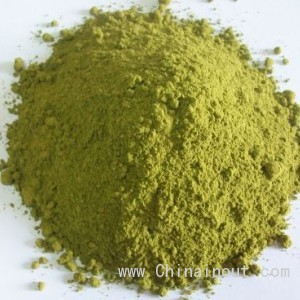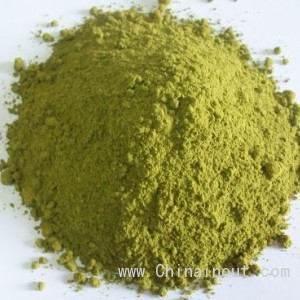Henna
植物名稱:(Lawsonia inermis )
中文譯名海娜,、鳳仙花,,又稱為指甲花,它是純天然的植物粉末,用于紋身,、彩繪以及頭發(fā)、指甲,、布料,、皮革等的染色。產(chǎn)品富含多種營養(yǎng)成分,,且性熱,,不僅可供染發(fā),染指甲用,,還因獨特的藥性功能,,染發(fā)后可防止和治愈因風(fēng)寒引起的頭痛, 防止脫發(fā),,頭屑及過早的出現(xiàn)灰白發(fā)及白發(fā),,亦有白發(fā)者用后可避免白發(fā)的繼續(xù)生出。
(中國進(jìn)出口網(wǎng))


Botanical Name: ( Lawso
nia inermis )
Product Des
cription: Henna whole leaves - Henna Powder – Henna Crushed
The Health Benefits of Henna:
Henna is mostly known for its properties of temporarily tattooing skin or dyeing hair, however, this ancient herb also has many health benefits.
Henna, Lawsona inermis, is a small tree or shrub native to the Mediterranean and Middle East. It is best known for its dyeing ability on skin, hair, nails, cloth, leather, etc.
Used for thousands of years, henna has been mentioned in the Bible, specifically the Song of Solomon. Other literature that has mentioned henna is the Ugaritic myth of Baal, which is thousands of years old.
This historical plant is rich in culture from its use in weddings, funerals, rites of passage and more. However, little has been said about henna’s healing properties.
Henna’s Healing Properties
Henna has been used as a healing herb in folk medicine for as long as it was used as a dye.
One of the major health benefits of henna is as a sun screen. During the summer, hundreds of people are tattooed with henna paste at fairs, festivals, traditional celebrations and more. Whilst out in the sun, they also tan only to find, five weeks later than the area hennaed did not tan not does it show any sun-contact at all. Henna paste is a natural mixture of, usually, water, henna, lemon juice and sugar, which is a natural and healthier alternative to chemical laden sun screens plus it has the unique ability to temporarily tattoo skin.
Another major benefit of henna is its ability to condition and rejuvenate hair and nails naturally. When dyeing hair and nails with henna paste, the tanins and other Lawsona molecules bind with the keratin in the hair and nail. Henna is known to strengthen hair and nails, prevent fungus in the nail beds, and heal split ends and cracked cuticles.
Many other conditions henna is used to treat include:
Baldness – when mixed with mustard seed oil, henna is reputed to cure baldness.
Dysentery – when mixed with ghee
Liver disorders – specifically the bark of the henna plant
Headaches – specifically the flowers of the plant mixed with vinegar
Sore throat – specifically the leaves as a gargle
Boils, burns and bruises – specifically a poultice of the leaves
Arthritis, Inflammation and leprosy – specifically the leaves, bruised


